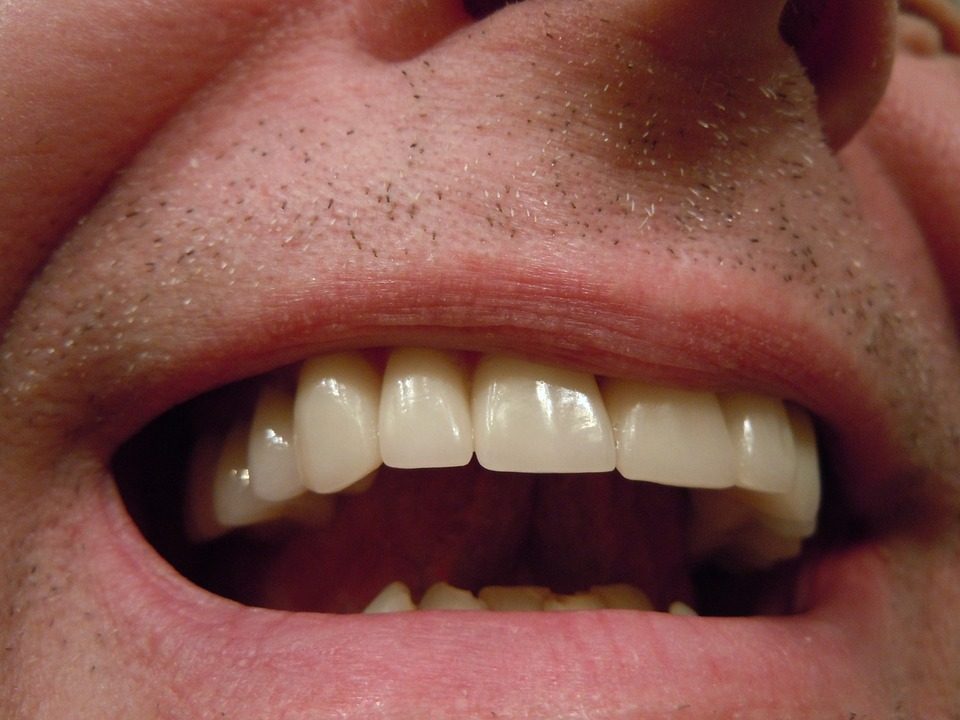Gum disease, also known as periodontal disease, is a common yet serious condition that affects many adults worldwide. If left untreated, it can lead to severe oral health problems such as tooth loss, bone damage, and even impact overall health. At Castle Hills Dentistry, we understand the importance of gum health and are dedicated to helping patients prevent and manage gum disease through early intervention, education, and professional care. In this post, we will explore the causes of gum disease, its symptoms, prevention tips, and available treatments to keep your gums healthy and your smile bright.
What is Gum Disease?
Gum disease is an infection of the tissues that surround and support your teeth. It begins with the buildup of plaque, a sticky film of bacteria that forms on your teeth and gums. If plaque is not removed through regular brushing and flossing, it can harden into tartar, which can only be removed by a dentist or dental hygienist.
There are two main stages of gum disease:
-
Gingivitis: This is the earliest stage of gum disease and is often mild and reversible. Gingivitis is characterized by inflammation of the gums, leading to redness, swelling, and bleeding, especially when brushing or flossing. It is usually caused by poor oral hygiene, which leads to plaque buildup at the gumline.
-
Periodontitis: If gingivitis is left untreated, it can progress to periodontitis, a more severe form of gum disease. In periodontitis, the infection spreads below the gumline, causing pockets to form between the gums and teeth. This stage can lead to the loss of gum tissue and bone, and in advanced cases, tooth loss.
While gingivitis can typically be reversed with proper oral care, periodontitis may require more extensive treatment and, in severe cases, surgery.
Symptoms of Gum Disease
Gum disease can often develop without noticeable symptoms, which is why regular dental check-ups are essential. However, some common signs that may indicate the presence of gum disease include:
- Gums that bleed when brushing or flossing: This is one of the first signs of gum disease, particularly gingivitis.
- Red, swollen, or tender gums: Healthy gums should be firm and pink, so any redness or puffiness can be a warning sign.
- Persistent bad breath or bad taste in the mouth: Foul-smelling breath (halitosis) can be caused by the bacteria involved in gum infections.
- Receding gums or longer-looking teeth: Gum recession occurs when the gum tissue pulls away from the teeth, exposing more of the tooth or its root.
- Loose teeth or shifting teeth: As gum disease progresses, it can affect the stability of teeth, causing them to feel loose or shift positions.
- Pain when chewing or biting: This can occur as a result of gum tissue inflammation or bone loss due to periodontitis.
If you experience any of these symptoms, it is crucial to schedule a visit with your dentist at Castle Hills Dentistry as soon as possible for an evaluation and potential treatment.
Causes of Gum Disease
The main cause of gum disease is poor oral hygiene, which allows plaque to build up on your teeth and gums. However, several factors can increase your risk of developing gum disease, including:
- Tobacco use: Smoking or chewing tobacco weakens your immune system, making it more difficult for your body to fight off gum infections.
- Poor nutrition: A diet lacking essential nutrients, particularly vitamin C, can impair your body’s ability to fight infections and contribute to gum disease.
- Medical conditions: Conditions like diabetes, certain viral infections, and autoimmune diseases can affect your body’s ability to heal and fight infections, making you more susceptible to gum disease.
- Medications: Some medications can reduce saliva flow, which helps protect your mouth from infection, increasing the risk of gum disease.
- Hormonal changes: Pregnancy, menstruation, and menopause can affect the gums, making them more sensitive and prone to gum disease.
- Genetics: Some people may be genetically predisposed to gum disease, even with good oral hygiene habits.
By understanding these risk factors, you can take proactive steps to protect your oral health and reduce your risk of gum disease.
Preventing Gum Disease
The good news is that gum disease is largely preventable with consistent oral care and healthy lifestyle habits. Here are some expert tips for preventing gum disease:
-
Brush and floss daily: The foundation of good oral hygiene is brushing your teeth at least twice a day with fluoride toothpaste and flossing once a day. This helps remove plaque from the surfaces of your teeth and along the gumline, preventing the buildup of harmful bacteria.
-
Use an antimicrobial mouthwash: Mouthwash can help reduce plaque and bacteria in your mouth, especially in hard-to-reach areas. Consider using an antibacterial mouthwash that helps control plaque and gingivitis.
-
Visit your dentist regularly: Professional cleanings and exams are essential for preventing gum disease. Your dentist will remove plaque and tartar buildup, assess your gum health, and catch any potential issues early before they become severe. At Castle Hills Dentistry, we recommend scheduling a dental check-up at least twice a year.
-
Avoid tobacco: Tobacco use is a major risk factor for gum disease. Quitting smoking or chewing tobacco not only improves your overall health but also helps protect your gums.
-
Eat a balanced diet: A healthy diet rich in fruits, vegetables, whole grains, and lean proteins provides the nutrients your body needs to fight infections and maintain healthy gums.
-
Stay hydrated: Drinking plenty of water helps maintain good saliva flow, which is essential for protecting your mouth from bacteria and maintaining oral health.
-
Manage stress: Chronic stress can weaken your immune system and make it harder for your body to fight infections, including gum disease. Practicing stress management techniques like exercise, meditation, or relaxation can help reduce your risk.
Treatment for Gum Disease
If you have developed gum disease, there are several treatment options available to help restore your oral health. Early-stage gum disease (gingivitis) can typically be treated with professional cleaning and improved oral hygiene. For more advanced stages (periodontitis), additional treatments may be needed, including:
- Scaling and root planing: This deep cleaning procedure involves removing plaque and tartar from below the gumline and smoothing the tooth roots to encourage healing.
- Antibiotics: Your dentist may prescribe antibiotics or antimicrobial mouth rinses to help control infection and reduce inflammation.
- Surgical procedures: In severe cases of periodontitis, surgical treatments such as flap surgery or bone grafting may be required to repair damaged tissues and restore gum health.
At Castle Hills Dentistry, we take a personalized approach to treating gum disease, providing customized treatment plans to ensure the best possible outcome for each patient.
Conclusion
Gum disease is a serious but preventable condition that can lead to significant oral health issues if left untreated. By practicing good oral hygiene, scheduling regular dental visits, and understanding the risk factors associated with gum disease, you can protect your smile for years to come. At Castle Hills Dentistry, we are committed to helping our patients maintain healthy gums and teeth through expert care and proactive prevention strategies. If you are concerned about your gum health or suspect you may have gum disease, don’t hesitate to contact us for an evaluation and treatment plan tailored to your needs. Your healthy smile starts with healthy gums!












